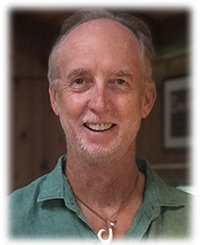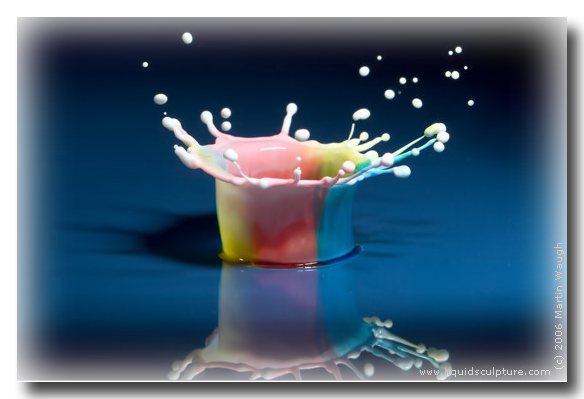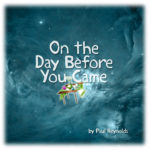The Fool in Me
1. Declare amnesty for the part of you that you don’t love very well.
Forgive that poor sucker. Hold its hand and take it out to dinner and a movie. Tactfully offer it a chance to make amends for the dumb things it has done.
And then do a dramatic reading of this proclamation by the playwright Theodore Rubin: “I must learn to love the fool in me — the one who feels too much, talks too much, takes too many chances, wins sometimes and loses often, lacks self-control, loves and hates, hurts and gets hurt,promises and breaks promises, laughs and cries. It alone protects me against that utterly self-controlled, masterful tyrant whom I also harbor and who would rob me of human aliveness, humility, and dignity but for my fool.”
2. The greatest gift you can give might be the gift that you yourself were never given. Give that gift.
The most valuable service you have to offer your fellow humans may be the service you have always wished were performed for you. Offer that service.
An experience that wounded you could move you to help people who’ve been similarly wounded. Heal yourself by healing others.
3. Every seven years I do a performance art piece called A Pilgrimage to the Sacred Shopping Sites of North America. During one, I visited a store called Kosher Intifada in New York. There I had a consummate experience of apocalyptic delight. Shopping and spirituality converged, and for a brief interregnum, all contradictions were annihilated, all contraries harmonized.
On the holy ground of Kosher Intifada, I listened to the house band Yo Tifereth sing Hebrew lyrics and play Arabic tunes on the oud, darbuka, violin, and kanun. Later, a rabbi and imam took turns reciting prayers from their respective traditions. I bought a yarmulke decorated with Palestinian political symbols, a T-shirt that read “I Got Stoned on the West Bank,” and the DVD of a musical comedy film West Bank Story, which portrays the love affair between an Israeli soldier and a Palestinian cashier, whose parents operate competing falafel restaurants on the West Bank.
I’d love for you to have a comparable experience: an immersion in an eerie sanctuary where you’re simultaneously entertained and confounded. It would provide a counterpoint for all the more excruciating and demanding manifestations of the shadow you have to endure. Find or create such a sweetly discomfiting thing.
4. In his book The Thought of the Heart and the Soul of the World, psychologist James Hillman writes: “The question of evil refers primarily to the anesthetized heart, the heart that has no reaction to what it faces, thereby turning the variegated sensuous face of the world into monotony, sameness, oneness.”
What would you have to do in order to triumph over this kind of evil in yourself?
5. “The problem, if you love it, is as beautiful as the sunset,” wrote J. Krishnamurti. “The obstacle is the path,” says the Zen proverb. What frustrating puzzle do you love the best?
—Robert Breszny
Excerpt from “Subterranean Pronoia Therapy.”

“Not Christian or Jew or Muslim, not Hindu, Buddhist, Sufi, or Zen. Not any religion or cultural system…..” - Rumi
For over 30 years Paul Reynolds has collected and shared inspiration from a wide variety of sources. Embracing the philosophy that at the core of all these expressions is the reminder that we are loved and supported every moment. This unending stream of inspiration, imagination and wisdom is posted via his weekly ‘Living the Question Blog’, which has become ‘home’ for those discoveries. If you would like to receive the readings and share them with those you feel will benefit, please fill out the ‘Subscribe’ form to the right and Paul’s selections will come to your email every Friday.





